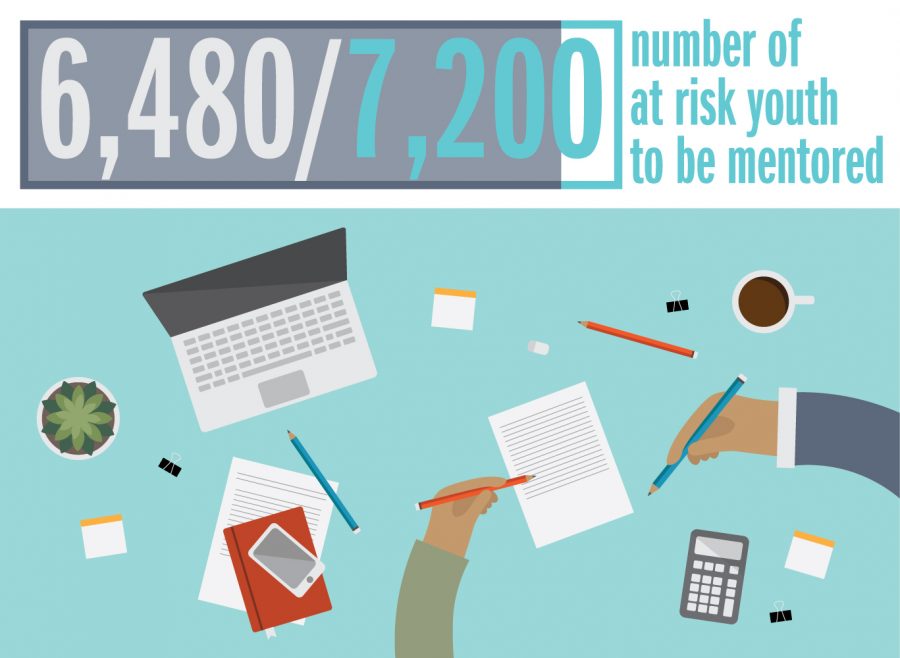Chicago moves closer to citywide youth mentoring
Chicago moves closer to citywide youth mentoring
October 9, 2017
New donations and more funding for Chicago’s youth services will help brighten the city’s future, according to local youth mentoring experts, and the money is slowly flowing in and expanding youth programs.
Youth Guidance’s Becoming a Man program has expanded to 16 more Chicago Public Schools on the Southwest Side with the help of donations from Exelon, a Fortune-100 energy company; Get In Chicago, a community advocacy group against violence; Peoples Gas, a utility company; and ride-share service Uber, according to a Sept. 22 press release from Mayor Rahm Emanuel.
The city is making strides toward reaching its universal mentoring goal by 2018. These donations will help the city reach an additional 2,000 youths by this fall, the press release adds.
So far, the city has helped 90 percent of its goal of mentoring 7,200 at-risk youth by next year—half of whom will be reached through Mayor Rahm Emanuel’s Mentoring Initiative, which was announced in his 2016 Public Safety Address, as reported Sept. 26, 2016, by The Chronicle.
However, greater resources are needed, said Jaleel Abdul-Adil, co-director of the Urban Youth Trauma Center, adding, “The city is under siege. Clearly the resources we have are insufficient, or they could be used in a more impactful way.”
Groups such as Big Brothers Big Sisters of Metropolitan Chicago and Urban Youth Trauma Center use a combination of prevention and intervention methods, such as bringing in mentors and speakers who can connect to the children on a personal level.
Despite the newly acquired funding, accessibility to mentors in Chicago is still challenging because programs lack sufficient volunteers. Some groups like Big Brothers Big Sisters of Metropolitan Chicago—one of the largest youth mentoring groups in the city—had to create a waitlist due to high enrollment numbers of “littles,” according to Kristine Brown, the group’s marketing and communications manager
“As we grow [and] continue to serve more children in more high-risk areas, we find that the need is even greater in those areas,” Brown said.
According to May 2015 research from the University of Chicago Crime Lab, youth mentorship has been effective in increasing graduation rates and reducing violence in the city. The research also found that Youth Guidance’s Becoming a Man program has reduced arrests for violent crime by up to 50 percent.
“[We] try to change norms around violence,” Abdul-Adil said. “We [need to] stop thinking that [violence is] OK or the way it is.”
Big Brothers Big Sisters of Metropolian Chicago is trying to cut down its waitlist to pair more young adults with mentors. According to a yearly report by Public/Private Ventures, a Philadelphia-based research organization, 52 percent of at-risk youth surveyed said after being a part of the Big Brothers Big Sisters program, they were less likely to skip school, and 46 percent said they were less likely to abuse illegal drugs.
“[The kids] can’t envision a life that exists outside of where they are currently,” Brown said, “or a life outside the streets that may be in a professional corporate office or a university unless someone takes them there.”








